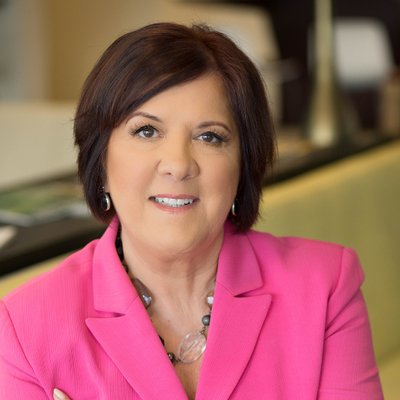As the elderly population of the United States continues to grow, there’s a sizable personal finance story for business staff to report separately, or develop into a blockbuster series: the financial exploitation of seniors.
Thieves are increasingly targeting seniors—whether they are well-off or low-income—because they believe they have substantial assets sitting in their bank and brokerage accounts. Elder financial scams are now so widespread that the National Council on Aging (NCOA) matter-of-factly calls them “the crime of the 21st century.” But they often go unreported and aren’t prosecuted, because they’re considered a “low-risk” crime.
In the first of a two-part series, we’ll look the three common ways fraudsters contact their victims: online, by phone, and in person. In the second part, we’ll turn our attention to how to recognize the signs of a scam and avoid becoming the next victim.
Senior Scam #1: The “elder fraud web”
Seniors lose $650 million strictly to online fraud every year, reports the Washington, D.C.-based Aspen Institute—a 400 percent increase since 2018. E-mail and phishing scams are typical online scams, according to NCOA’s “Top 10” list of financial scams, but surprising types of online fraud involve offers of counterfeit prescription drugs and fraudulent anti-aging products.
Assemble a panel of readers who are willing to share their experiences with online fraud. Also include a technical expert who can address some of the measures that seniors typically fail to take in safely using online communication tools.
Senior Scam #2: Phony phone calls
Perennial phone scams involve callers claiming to represent the Internal Revenue Service (IRS) or the Social Security Administration (SSA) are on the rise. Then there’s the ever-popular scam with a thief posing as the victim’s grandchild. There’s a new twist on the ever-popular “grandparent” scam that consumers aren’t aware of, reports the Federal Trade Commission (FTC). Victims are losing a median of $9,000.
As the COVID-19 global pandemic continues, some of your senior readers may have already fallen victim to one of the phony charities charity that often pop up during a disaster. Inform your panel of readers on how to check a company or nonprofit’s ratings on Guidestar or Charity Navigator if they want their contribution to be properly used, as intended.
Senior Scam #3: The in-person “touch”
Then there’s the personal touch—literally speaking. Fraudsters will show up at funerals claiming the deceased owes them money, offer bogus medical services at makeshift mobile clinics, or sell unnecessary and costly funeral services to a grieving widow or widower. But more often, the deceiver is someone known to the elderly victim: a family member, a friend, or a caregiver. Over 90 percent of such crimes are perpetrated by someone known to the victim, according to the National Center on Elder Abuse (NCEA).
Invite a NCEA representative, along with an elder attorney and a community-based senior advocate, to join your panel. Ask them to address the tough question of how an elderly loved one can financially protect themselves.











